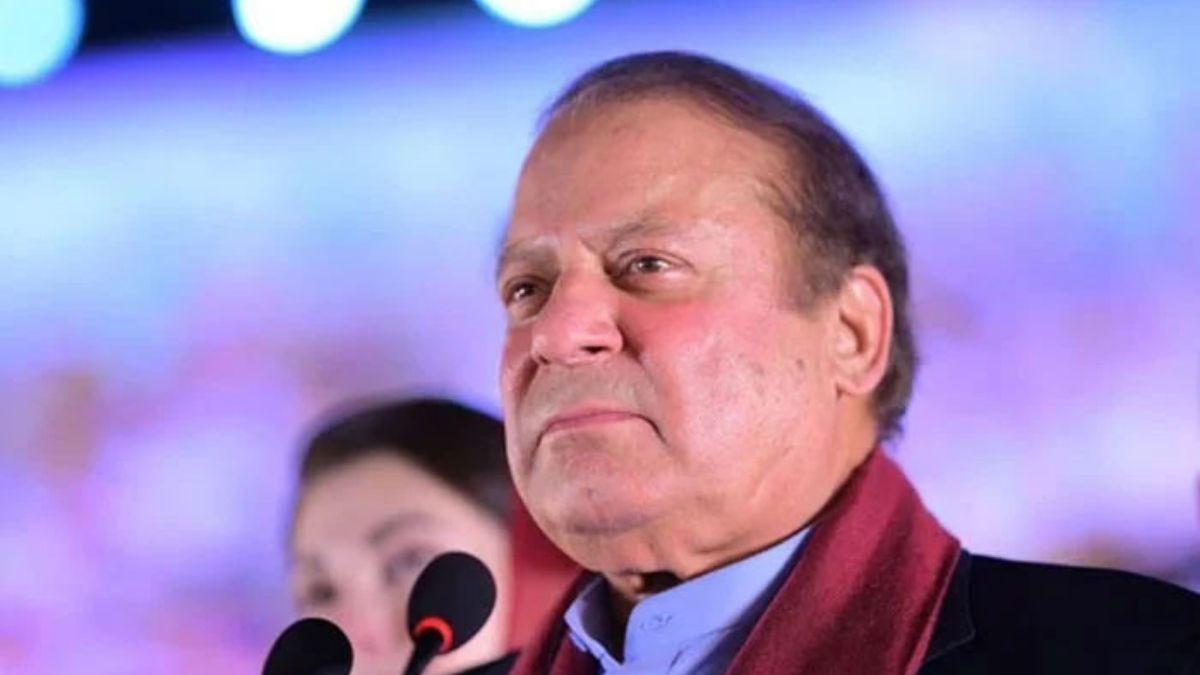Nawaz Sharif, Pakistan’s three-time Prime Minister, is renowned for launching several major development projects that have significantly contributed to the country’s infrastructure growth. His vision focused on expanding the motorway network, addressing energy shortages, and improving urban transport systems.
This article provides a detailed and comprehensive overview of Nawaz Sharif’s key development projects, their impact on Pakistan’s economy, and the challenges faced during implementation.
Nawaz Sharif’s Motorway Projects: Connecting Pakistan
One of Nawaz Sharif’s most notable achievements is the expansion of Pakistan’s motorway network, which revolutionized intercity travel and commerce.
Read More: Meezan Sovereign Fund 2025: Complete Guide, Features, Performance & Benefits
Lahore-Islamabad Motorway (M-2)
The Lahore-Islamabad Motorway (M-2) was a landmark project initiated during Nawaz Sharif’s first tenure. Connecting two of Pakistan’s largest cities, the M-2 significantly reduced travel time and enhanced trade routes. This motorway laid the groundwork for further expansion of motorways across the country.
Expansion of Motorway Network under Nawaz Sharif
During his later terms, Nawaz Sharif accelerated the development of several new motorway projects including:
- M-3 (Faisalabad to Multan)
- M-4 (Pindi Bhattian to Faisalabad)
- M-5 (Multan to Sukkur)
These projects were closely integrated with the China-Pakistan Economic Corridor (CPEC), aiming to improve national connectivity and support trade logistics.
Energy Sector Initiatives: Tackling Pakistan’s Power Crisis
Addressing the energy shortage has been a priority for Nawaz Sharif’s government. His administration launched multiple power projects to increase electricity generation capacity.
Coal and Thermal Power Plants
Nawaz Sharif’s tenure saw the commissioning of major power plants such as the Sahiwal Coal Power Plant and the Port Qasim Power Plant, designed to provide affordable and reliable electricity to industries and households.
Upgrading Transmission Infrastructure
In addition to power generation, Nawaz Sharif prioritized upgrading the national grid to reduce electricity losses and improve distribution efficiency across Pakistan.
Urban Transport Revolution: Metro Bus and Metro Train Projects
Nawaz Sharif introduced modern public transportation systems to Pakistani cities to combat rising traffic congestion and improve mobility.
Lahore Metro Bus System
The Lahore Metro Bus was Pakistan’s first Bus Rapid Transit (BRT) system, providing an efficient, affordable, and eco-friendly transportation alternative. It became a model for other cities including Islamabad, Multan, and Peshawar.
Orange Line Metro Train, Lahore
The Orange Line Metro Train was Pakistan’s first urban rail project, initiated under Nawaz Sharif. It aimed to connect densely populated areas in Lahore with a modern, fast, and reliable transit option, although it faced delays and environmental challenges.
Gwadar Port Development: Strategic Economic Hub
A crucial part of Nawaz Sharif’s vision was the development of Gwadar Port under the CPEC framework. This deep-sea port is strategically positioned to become a regional trade gateway, linking Pakistan to global markets and boosting economic growth in the southwestern region.
Social Infrastructure: Education and Healthcare Projects
Though less publicized, Nawaz Sharif’s government also invested in upgrading hospitals, schools, and universities to support Pakistan’s social development goals alongside economic infrastructure.
Read More: The History of Lahore Railway Station: Gateway to Pakistan’s Rail Network
Impact and Legacy of Nawaz Sharif’s Development Projects
Nawaz Sharif’s infrastructure projects have:
- Boosted Pakistan’s economic growth by improving transport and energy supply
- Created thousands of jobs during construction and operation
- Enhanced regional connectivity, especially through CPEC-related motorways and ports
- Modernized urban transport, introducing new transit technologies to Pakistani cities
Criticism and Challenges
Despite these successes, Nawaz Sharif’s projects faced several criticisms:
- Project Delays and Cost Overruns: Some initiatives, particularly the Orange Line Metro Train, suffered from delays and higher-than-expected costs.
- Corruption Allegations: Nawaz Sharif’s administrations were embroiled in corruption controversies, affecting the perception of project transparency.
- Environmental Concerns: Large-scale projects raised questions about their environmental impact and sustainability.
Conclusion
Nawaz Sharif’s major development projects have played a transformative role in shaping Pakistan’s modern infrastructure landscape. From expanding the motorway network to launching urban transit systems and advancing energy projects, his vision laid important foundations for the country’s economic progress. Despite challenges, these projects continue to influence Pakistan’s development trajectory, especially within the framework of the China-Pakistan Economic Corridor. Stay updated with Bloom Pakistan









